House Speaker Visits Briar Hill Farm to Discuss Horse Racing Industry
Massachusetts Speaker of the House Robert DeLeo visited Briar Hill Farm in Rehoboth last month. DeLeo spoke to Briar Hill owner George Brown and about 30 others who work in horse racing about their concerns for the future of the industry.
Most of the people in attendance were worried that their livelihoods could be at stake if changes are not made at the state level as soon as possible. They came from as far away as Amherst and Brimfield in Western Massachusetts, for the event.
DeLeo said he considered it an important issue and vowed his continued support.
“I think it’s an industry that cannot be forgotten,” said DeLeo.
Representative Steve Howitt also attended the event and expressed his support.
“This is your livelihood and we’re trying to protect it,” said Howitt.
Brown, who has been in the horse business for 30 years and is chairman of the Massachusetts Thoroughbred Breeders Association, coordinated the event to raise awareness of the problems facing area horsemen.
Briar Hill Farm has been in the Brown family since 1850 and it is the largest horse breeding farm in the state. They have 45 horses now, but in the busy season, it can be as many as 70, says Brown.
“Our main business is breeding, foaling and breaking of horses, but we race, too,” Brown said.
Brown is concerned that the number of racing days has been decreasing over the last few years.
“We’re trying to impress the importance of having more racing days so farms can survive,” Brown said.
This year there were 60 days of racing. Four years ago it was 100 days. Brown and the others say it is crucial that the amount of racing days increase.
“We can’t survive with 60 days of racing,” Brown said.
“If they keep it at 60 days, you’re signing racing’s death certificate,” said Carol Skawinski of Attleboro who owns and trains race horses.
Brown explained that thoroughbreds cannot run often. They need two or three weeks between races, so they only run four or five times in 60 days, he says.
“It’s hard to make a living and get your investment back,” Brown said.
Alan George of New Hampshire, who works at Suffolk Downs as a farrier, said that years ago they used to race for 10 months of the year, traveling a circuit that included Rockingham Park in Salem, New Hampshire; Suffolk Downs; and Lincoln Downs and Narragansett Racetrack in Rhode Island. Except for Suffolk Downs, those tracks are closed or don’t have live racing any longer. Now it’s only three or four months, George said.
“We need your help to get us more days. We need this for the life of our industry,” George told DeLeo.
DeLeo said he helped draw up the gaming law that is in effect now and one of the industries he looked at was horse racing.
He believes it will be an uphill battle, but is hopeful that more money will be invested in the industry.
“I’ve always thought it is an industry that can not only survive in Massachusetts, but can do very well,” said DeLeo.
Deleo pointed out that horse racing doesn’t just involve breeders and trainers. There are a lot of other people that make their living from the industry – veterinarians, farriers, hay and feed stores, people who transport horses and more – who will all be affected.
“There’s a lot of people relying on this as their sole source of income,” DeLeo said.
Several people at the event also pointed out that this is their way of life. Most have been working with horses since they were young.
“You’re with these animals full time from before they are born. Most of us are in it for the love of the animals,” said Lee Leobelenz of Dover.
“This is a passion that they follow and dedicate their lives to,” said Patti Reardon of Revere, whose daughter is a trainer.
Brown and his fellow horsemen say the industry is dependent on the future of Suffolk Downs in East Boston, the only thoroughbred track in the area.
Now the track’s future is in jeopardy because of the upcoming November ballot question to repeal the state casino law.
“Suffolk Downs will likely close if there’s no casino. If they repeal the gaming bill, everybody is out of business,” said Brown.
People are hesitant to breed in Massachusetts right now, Brown says, because there’s so much indecision as to whether the track will be open next year.
Someone at the gathering asked DeLeo what they can do to help. DiLeo told them to reach out to House and Senate members, and the Governor about the situation.
DeLeo seemed hopeful about the outcome in November.
“I’m presuming we’re going to be successful with this endeavor,” said DeLeo.
“This is my vision. My vision wasn’t just for a casino. My vision was that you would be part of that growth in Massachusetts,” DeLeo said.
Brown says he’ll be out of the horse business if Suffolk Downs closes.
“I’ll have to come up with another plan,” he said.
Photo captions:
Briar Hill Farm #1: George Brown (left) of Briar Hill Farm in Rehoboth speaks to House Speaker Robert DeLeo
Briar Hill Farm #2: House Speaker Robert DeLeo speaks to a group of horsemen at Briar Hill Farm in Rehoboth last month. Rep. Steve Howitt, left of DeLeo, also attended the event.
Briar Hill Farm #3: Some residents of Briar Hill Farm.
Photos by Laura Calverley

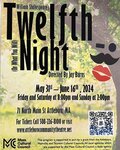
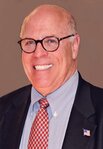

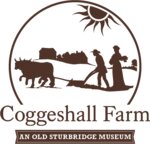





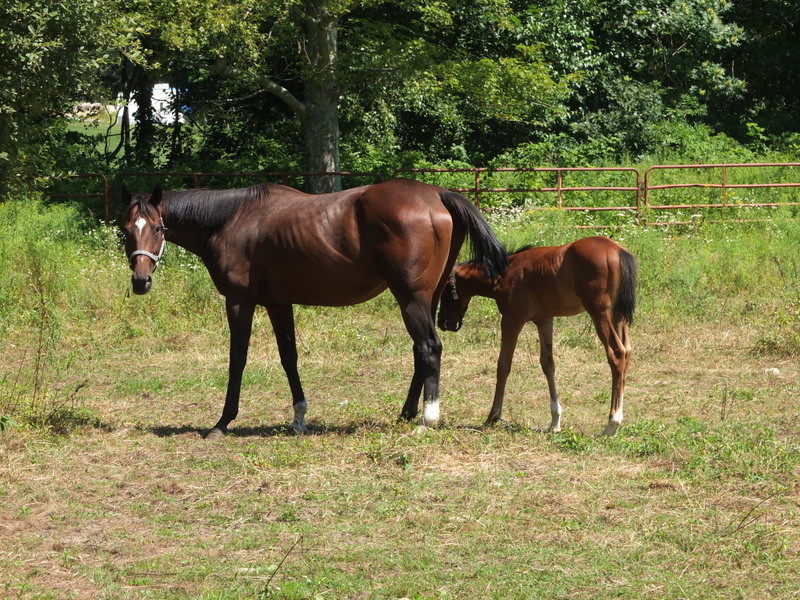
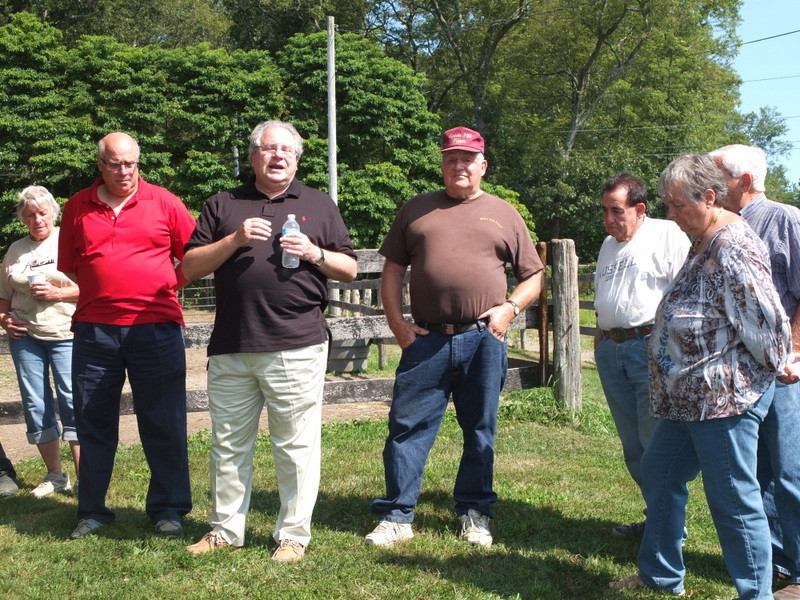
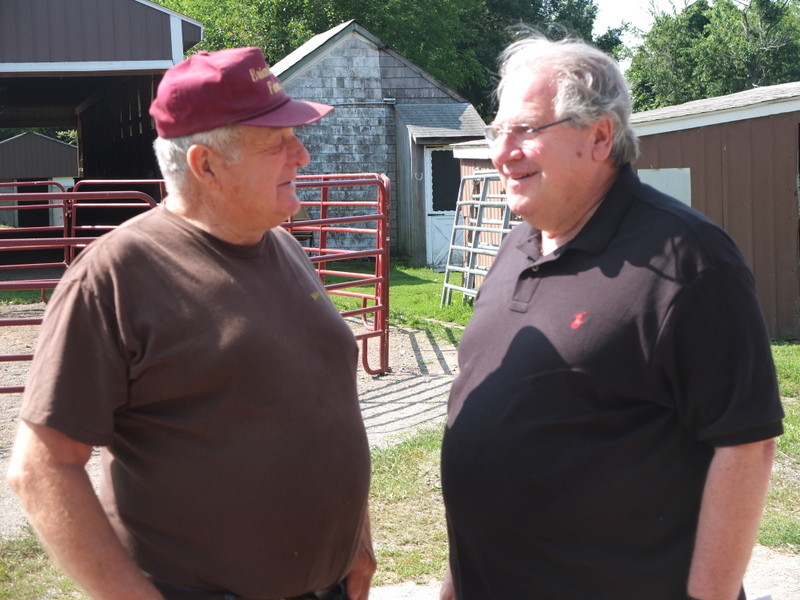










Comments
No comments on this item Please log in to comment by clicking here